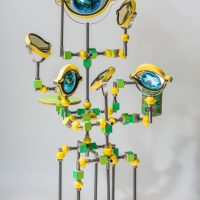
Design Miami
22 December 2016
12 November 2015
FAI celebrates the extraordinary art of Alfredo Ravasco, an innovative master of the Milanese goldsmith craft in the 20th century, with an exhibition at Villa Necchi Campiglio, in Milan. Curated by Paola Venturelli, the exhibition offers over 90 pieces, spread throughout the rooms of the villa, including one of the most precious centerpieces, as well as jewelry, decorative objects, and sacred art, a large part of which has never been viewed and is owned privately. The particular strength of this orginal, figurative artist is how he combined precious materials like malachite, agate, onyx, laspilazzuli and coral, with zoomorphic figures like octupi or fish, chiseled with extreme refinement. Reclining on hard, stone bases or entwined with blocks of lapislazzuli, fish and octupi, thanks to the virtuousity of the work, almost evoke revulsion, much like the real thing, fully entering the category of (precious) disgust, theorized by the philosophist Mario Perniola in his work entitled ‘Disgusti’ (Costa&Nolan, 1998).
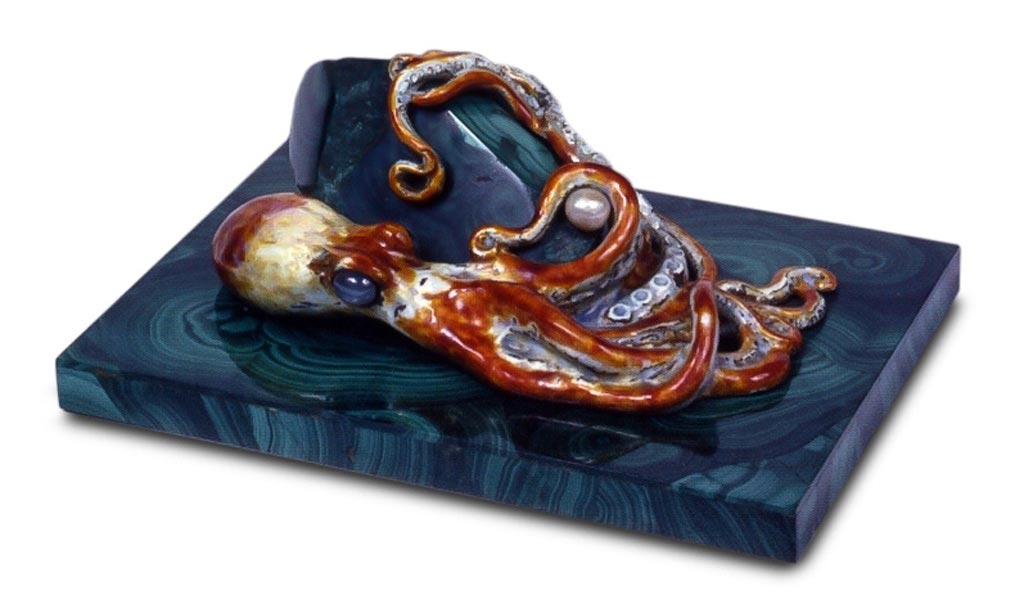
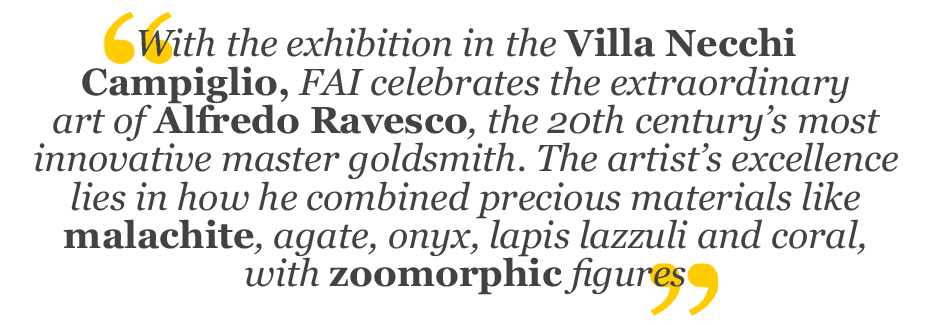
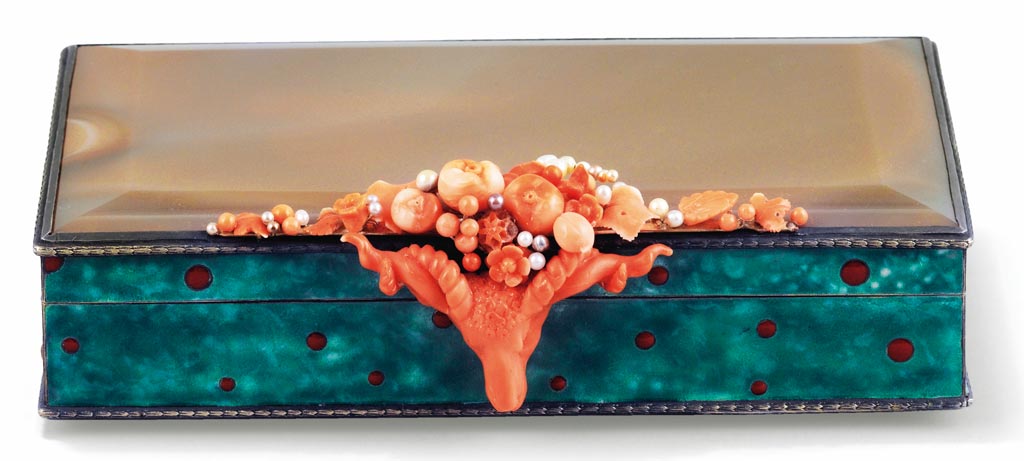
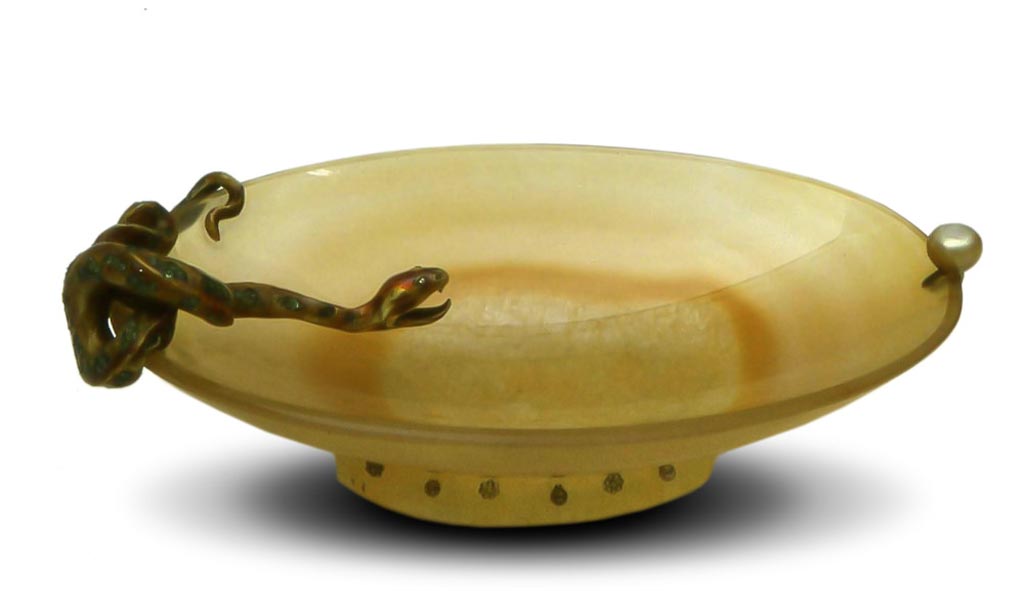
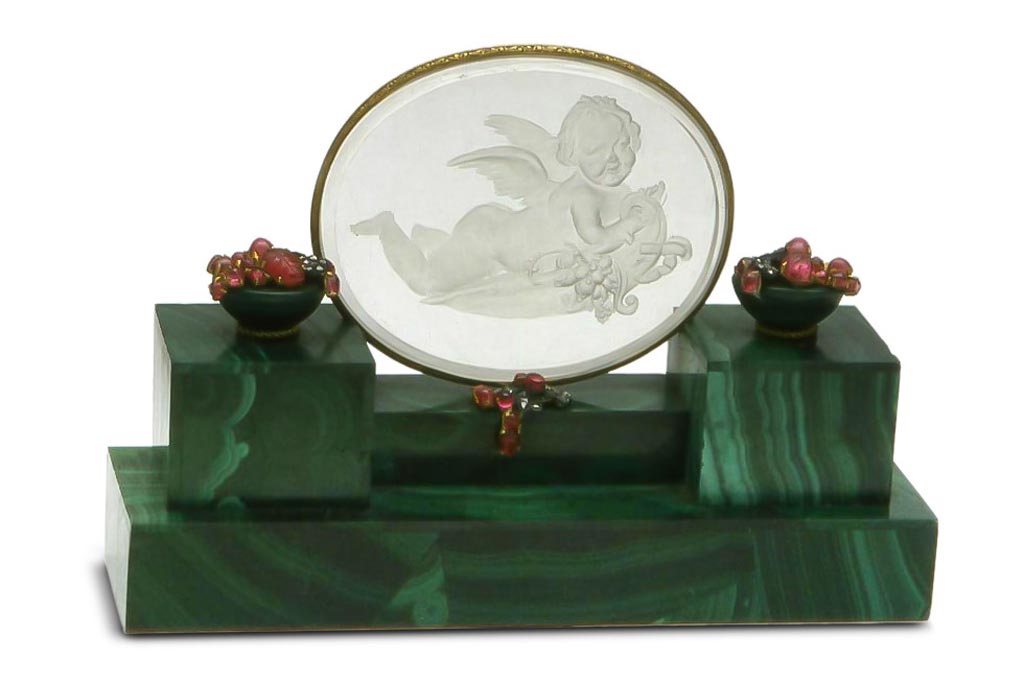
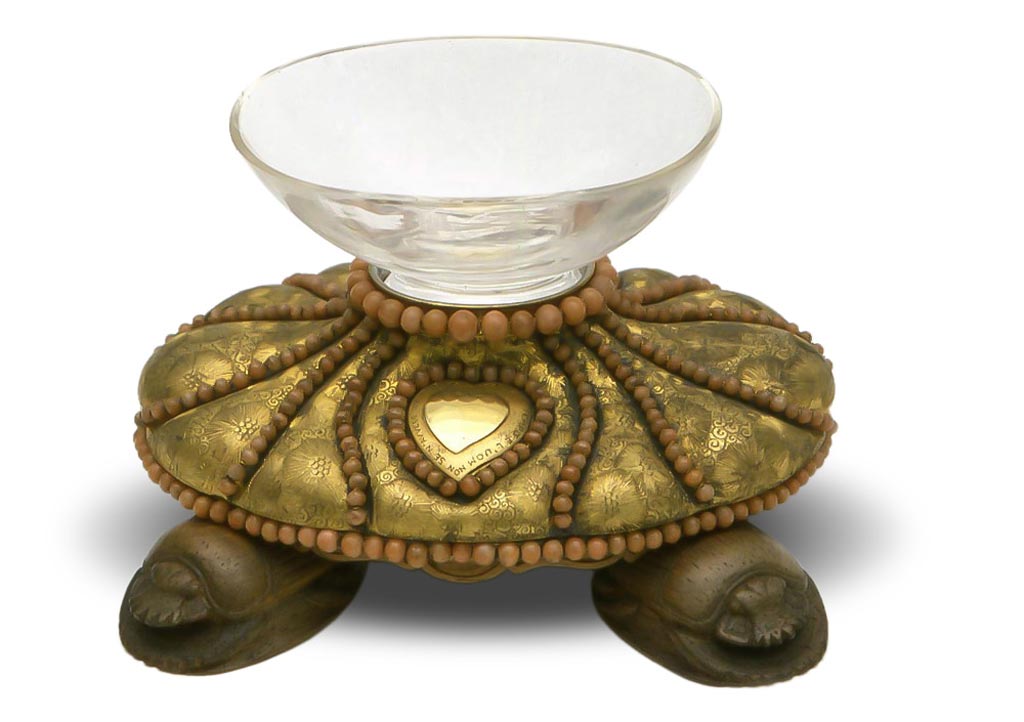

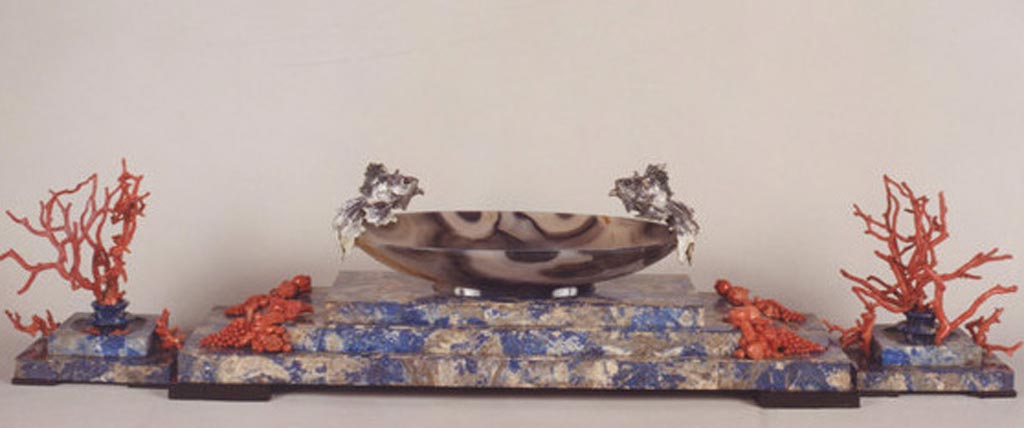
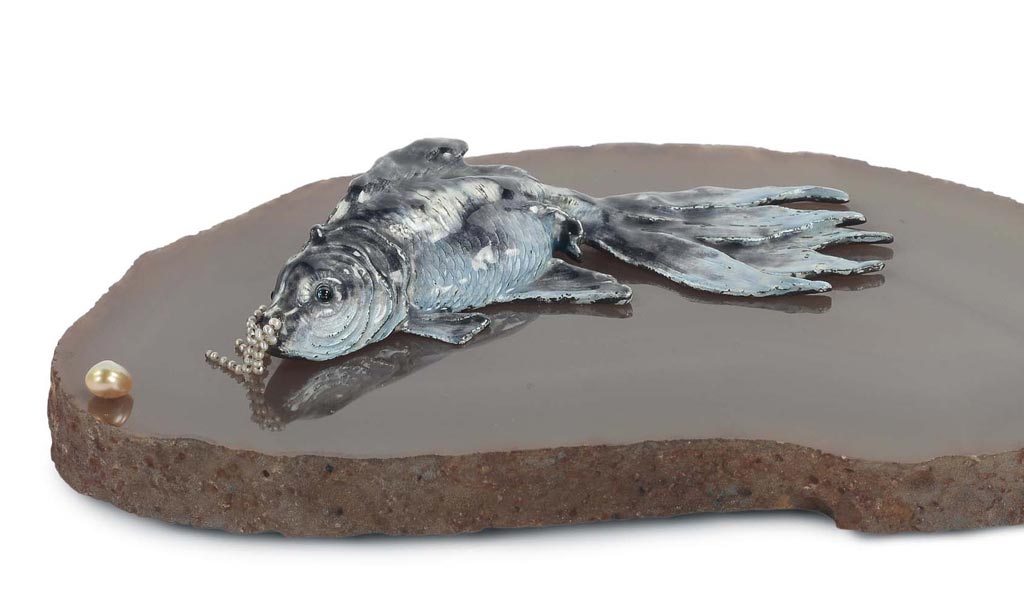
WHERE: Villa Necchi Campiglio, Via Mozart, 14, 20122 Milano
FAI celebrates the extraordinary art of Alfredo Ravasco, an innovative master of the Milanese goldsmith craft in the 20th century, with an exhibition at Villa Necchi Campiglio, in Milan. Curated by Paola Venturelli, the exhibition offers over 90 pieces, spread throughout the rooms of the villa, including one of the most precious centerpieces, as well as jewelry, decorative objects, and sacred art, a large part of which has never been viewed and is owned privately. The particular strength of the orginal figurative artist is how he combined precious materials like malachite, agate, onyx, laspilazzuli and coral, with zoomorphic figures like octupi or fish, chiseled with extreme refinement. Reclining on hard, stone bases or entwined with blocks of lapislazzuli, fish and octupi, thanks to the virtuousity of the work, almost evoke revulsion, much like the real thing, fully entering the category of (precious) disgust, theorized by the philosophist Mario Perniola in his work entitled ‘Disgusti’ (Costa&Nolan, 1998).

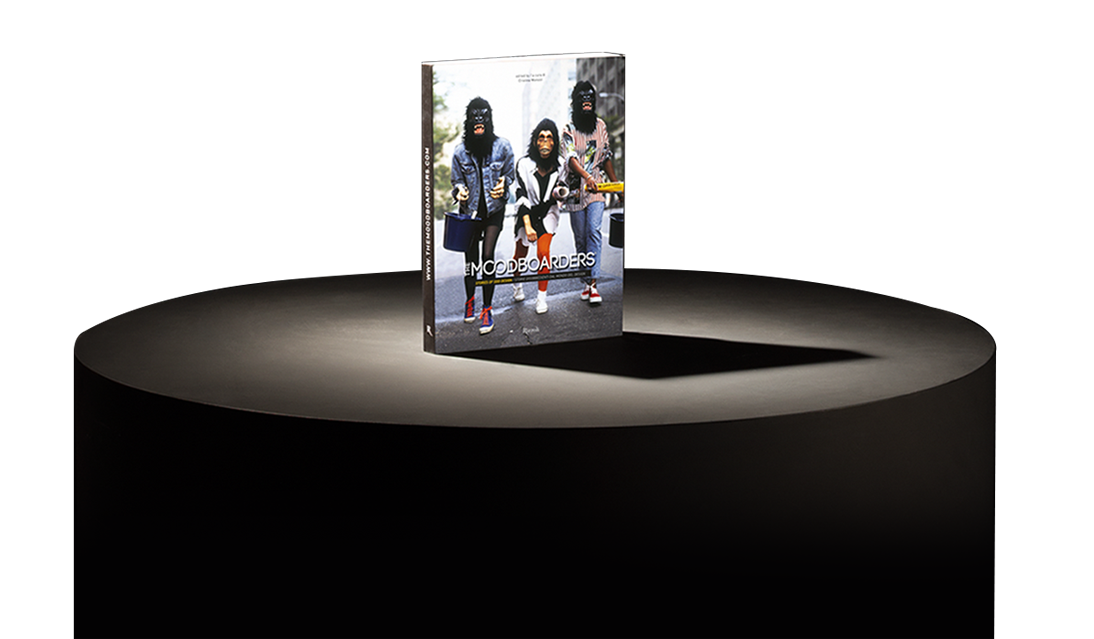

The Moodboarders is a glance into the design world, which, in all of its facets, captures the extraordinary even within the routine. It is a measure of the times. It is an antenna sensitive enough to pick-up on budding trends, emerging talents and neglected aesthetics. Instead of essays, we use brief tales to tune into the rhythm of our world. We travelled for a year without stopping, and seeing as the memory of this journey has not faded, we have chosen to edit a printed copy. We eliminated anything episodic, ephemeral or fading, maintaining a variety of articles that flow, without losing the element of surprise, the events caught taking place, and the creations having just bloomed.